No matter whether you are planning on buying your first business, or selling a successful family business after generations, it is important to get the timing right and to feel as though you are in control of the situation – from start to finish. It can be a long and emotional process. Buying or selling a business is very different to buying or selling a residential property. It can be complex or create additional stress if you are also trying to run your business. Below, we set out some helpful tips for buyers and sellers.
Be prepared
Exchanging ownership of a business takes a significant amount of time for both the buyer and the seller and it is essential not to rush a transaction or a decision. Preparation and patience are key. Before setting out on the entrepreneurial route, find out as much information as you can about the business, its competitors and the market in general before committing to the purchase of a new business. Of course, you will need to consider your own personal and financial circumstances too.
As the seller you may have been thinking of when and how you will sell the business since day one, but it is good to re-assess your ideas according to the general economic situation, what it happening with the business now, and its future prospects. You may also need time to organise your financial records, consolidate your customer base and improve your business premises.
Each business or situation is unique and seeking early guidance from brokers, lawyers and your accountant is therefore recommended to secure the best outcome for you and your business.
How to find the right buyer or business
You may be lucky and find the right buyer for your cherished business in a matter of days but more likely it will take several months and could even stretch to years. A good tip is to find several interested buyers and stay in touch with all of them until the deal is done. This means that if a buyer walks away, you have another potential buyer.
Equally, if you are looking to buy a business, it is worth considering and making enquiries about several businesses simultaneously in case the desired purchase falls through. This will save you time, and money in the long run.
Knowing what you want in a buyer or business is important. Literally sitting down and making a list of the most important characteristics will help when it comes time to making a decision. Where and how you advertise your business can be key to attracting the best buyers. Talk to your business advisers who may be in a position to spread your news.
What is the right price?
Unless a company is listed on the stock exchange there is no correct valuation for the business. It is a good idea to get an objective valuation however, as a starting point. Obviously, if you are selling you will want to achieve the highest price while the buyer will want to pay less for the business. It is possible to reach a fair negotiated price that both parties are happy with if it is clear about what the price is based on, for example, past sales information, projected growth figures, staffing costs and available competition. Factors other than price will also play a part in negotiations. These include how the deal will be financed and structured. As a buyer you may be cautious and push for deferred or staggered payments to ensure your cash flow is maintained or in case there is a problem with the business, its warranties or tax situation.
Know what you are buying or selling
The usual method of buying a small business as a sole trader or partnership is an asset transfer for an agreed purchase price. Goodwill is a vital, though an intangible asset, but needs consideration. The advantage of an asset sale is that the business’ liabilities belong to the seller. Therefore, if you are selling your business you will need to consider whether you still have liabilities that will be impossible for you to fulfil without the business.
If the business is sold by way of an asset sale the company itself will receive the purchase price. As the shareholder or owner of the business you need to consider how you will access the money, which may be via dividends or liquidation of the company.
The alternative to an asset sale is a share sale, which means the buyer assumes all the liabilities of the company, so due diligence will be vital but can take longer and cost more. Study the facts and figures, anecdotal evidence should not be relied upon when purchasing a business.
Meet the team
If you are buying a business that employs staff, it is a good idea to go and meet with them. Talking to them reassures them about you as a new boss but can also throw light on the business and may offer a new slant on a piece of important information. If you are the seller, it is advisable to encourage any potential buyer to do this to show that you are not trying to hide anything. If you are purchasing the goodwill, it is probably helpful to speak to customers and suppliers to better understand the business.
Conclusion
Buying or selling a business requires careful consideration and research. Engaging a professional team to help flag potential pitfalls and to assist with structuring your sale or purchase for an optimum outcome makes good sense.
If you or someone you know wants more information or needs help or advice, please contact us on (023) 9225 9822 or email [email protected]






